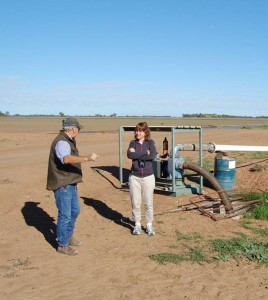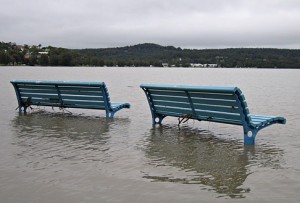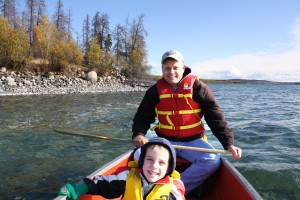“Any useful statement about the future should at first seem ridiculous.” – Jim Dator
Sometimes I can’t resist philosophical bones thrown by speakers on the internet. One recent video was on changing spending behaviour to save money, but it introduced the interesting idea of a wrestling match between our present and future selves.

A thoughtful woman writer from a Pompeii fresco. Someone who might appreciate a bit of advice from the future.
It’s an unequal competition. In the present, I want to have hot apple pie and lie on the couch. My future self would prefer me to eat lightly and exercise more, but she isn’t around to speak for her interests. Instead, she relies on my fuzzy and sometimes skeptical sense of cause and effect: “Will this latte really make me fat and broke in 20 years?”
We regularly remind each other about saving resources for our grandchildren. There are many changes, small and big, that individuals and communities can make, adding up to water savings, energy savings, and money in the bank. But how do we move from “knowing what to do” to actually doing it?
Enter the science of behavioural change, aimed at making us more future-oriented. Some of the “tools” from this science are a bit gimmicky, like digital-aging so young people can see what their older self will look like; or a TV commercial in which a 40-ish couple complain about the frivolity of their parents, spending fat investment returns (a different way to imagine of what we’d like for our future selves). Other tools for visualizing the future are more focused on serious subjects like urban planning, and we are only beginning to know how to use them.
The environmental field is actively exploring future scenarios and back-casting – for community planning and climate change adaptation, and also for public education. The most dramatic scenarios show pictures or videos of change, like sea water running into neighbourhoods. On the flip side, back casting is a way to visualize your community in 25 years, as the first step for planning how to get there. I enjoyed re-watching the “Two Tomorrows” video, (An Okanagan future scenario made in 2005), to see what good and bad predictions have come true in seven years.
Another internet expert explains research showing that people tend to be more present-oriented than future-oriented. That may explain why one major motivator of change is to compare ourselves with our neighbours. Basically, we all want to fit in, here and now.

This picture was taken on a water policy trip I took to Australia, comparing the Okanagan and Australian approaches to water management
Public utilities use neighbour comparisons to encourage customers to cut back, and they work. I heard my parents arguing about the chart on their electrical bill, showing they were about average compared to other homes in their area. My dad thought it was great news, and my mom said, “This shows we should be doing better.”
Behaviour change and planning choices are huge issues in water management. Our own scenarios project a future with less snow and more rain, and more summer water shortages. “Shouldn’t we be investing in more reservoir storage?” a city councilor asked me last week. The answer comes back to the tussle between what we want right now as individuals and our collective goals for the future. Reservoirs, pipes and pumps, are getting more expensive every year, and it is hard to keep up with increasing demand. If people conserve water today, and this becomes a cultural norm (all the neighbours join in), we won’t need as many reservoirs.
In the environmental field, there are some who warn of death by half-measures; that, to respond to climate change, we need major changes in urban design and infrastructure. Behaviour change by individuals is seen as too little too late. But people who make decisions about development and infrastructure act within a social context. If the public understands that we live in a dry climate and that it is important to conserve, they will support politicians to make resource-conservative decisions.
Many times, decisions that conserve resources are less expensive (for example, increasing the density downtown), and can be more-or-less win-win for the public – an easy choice for Councils and Boards. Others will cost a lot up-front (like building dikes for flood control), but will save money over the long term. These are harder to move on.
I feel a bit sorry for my future self: aging, having to make do with whatever I’ve put aside for her. Yet I’m more motivated, as a parent and an aunt, by my young relatives, and by the children of my friends. When I think about the future, I don’t like to think about me, I like to think about them – having the same good fortune and opportunities, living in a clean and beautiful British Columbia.



